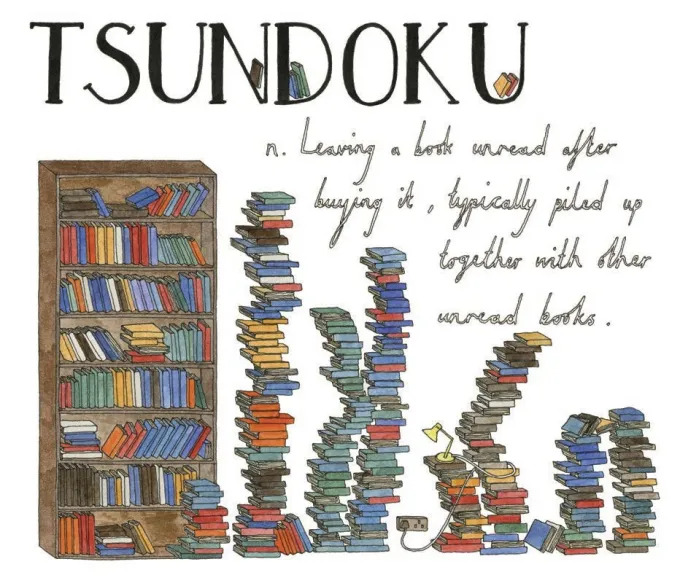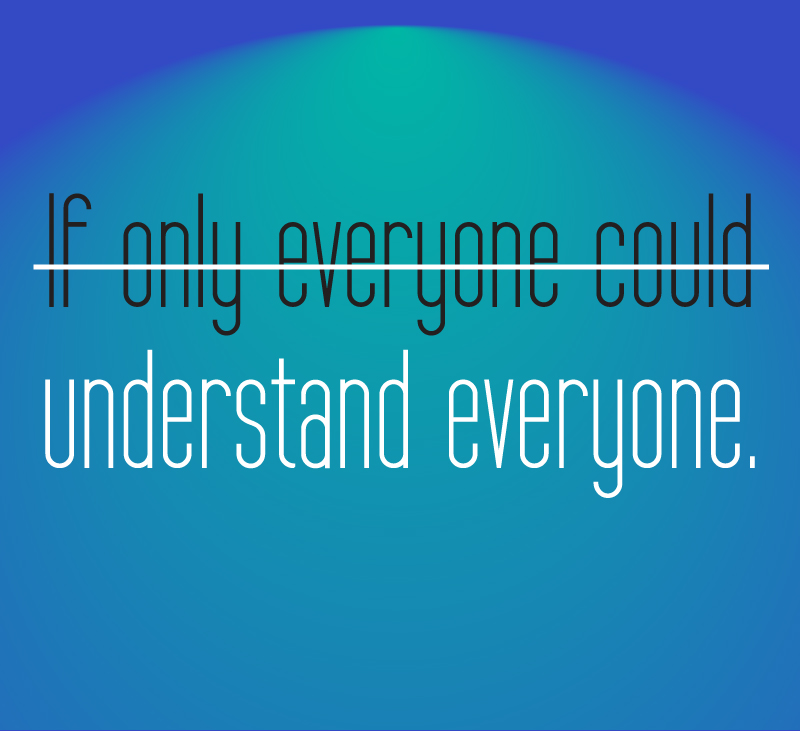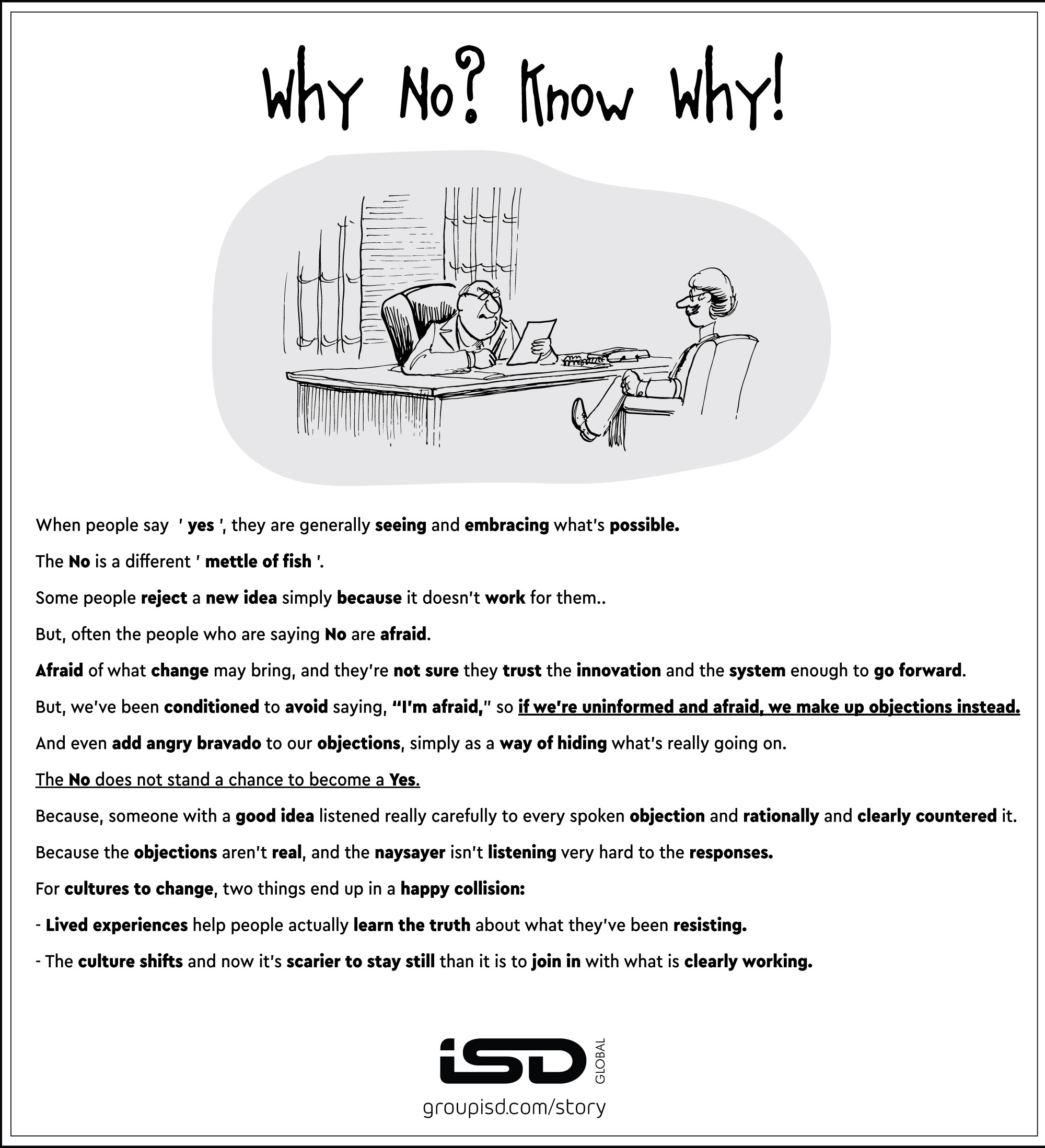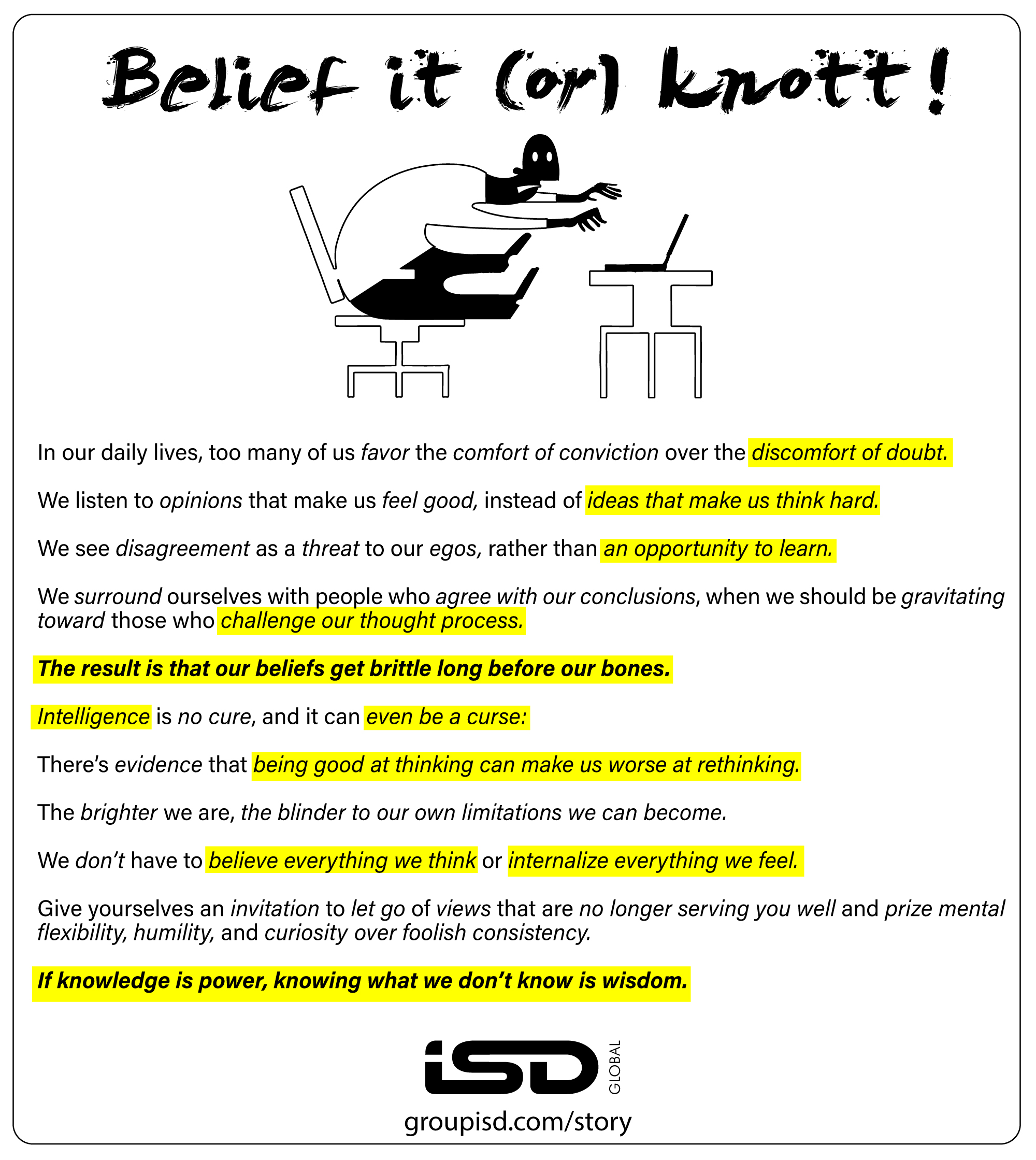An anti-library is a collection of books that are owned but have not yet been read. The term was coined by seminal writer and thinker Nassim Nicholas Taleb.
Unlike the plague of ‘stuffocation‘ that has us owning far more shoes, clothes, watches or food than we need, and a lot of times unused, this is a happy problem to have. Having a pile of unread books in your book shelf or library. Without getting into the spiel of ‘curse of knowledge‘, it is a not so subtle realisation that the more you know, the more you realise how little you know. Sledgehammer blow and much needed when we try to defy gravity and get too floaty for our own wings!
You will accumulate more knowledge and more books as you grow older, and the growing number of unread books on the shelves will look at you menacingly. Indeed, the more you know, the larger the rows of unread books. Let us call this collection of unread books an anti-library. The concept it describes has been compared to the Japanese tsundoku.

Illustration by Ella Frances Sanders from Lost in Translation: An Illustrated Compendium of Untranslatable Words from Around the World.
It is said that nothing is more important than an unread library. These might include what are politely called ‘classics‘- classics are those books which people praise but don’t read.
“It is our knowledge — the things we are sure of — that makes the world go wrong and keeps us from seeing and learning,” Lincoln Steffens wrote in his beautiful 1925 essay. Piercingly true as this may be, we’ve known at least since Plato’s famous Allegory of the Cave that “most people are not just comfortable in their ignorance, but hostile to anyone who points it out.”.
But how do we face our inadequacy with grace and negotiate wisely this eternal tension between the known, the unknown, the knowable, and the unknowable? That is what Nassim Nicholas Taleb explores in a section of his modern classic The Black Swan: The Impact of the Highly Improbable — an illuminating inquiry into the unknowable and unpredictable outlier-events that precipitate profound change, and our tendency to manufacture facile post-factum explanations for them based on our limited knowledge.
There are some other compelling works that will beautifully complement The Black Swan and they include astrophysicist Marcelo Gleiser on how to live with mystery in a culture obsessed with certitude, philosopher Hannah Arendt on how unanswerable questions give shape to the human experience, and novelist Marilynne Robinson on the beauty of the unknown.
Welcome and embrace the unread so that we don’t dread the unknown!
ENDS



